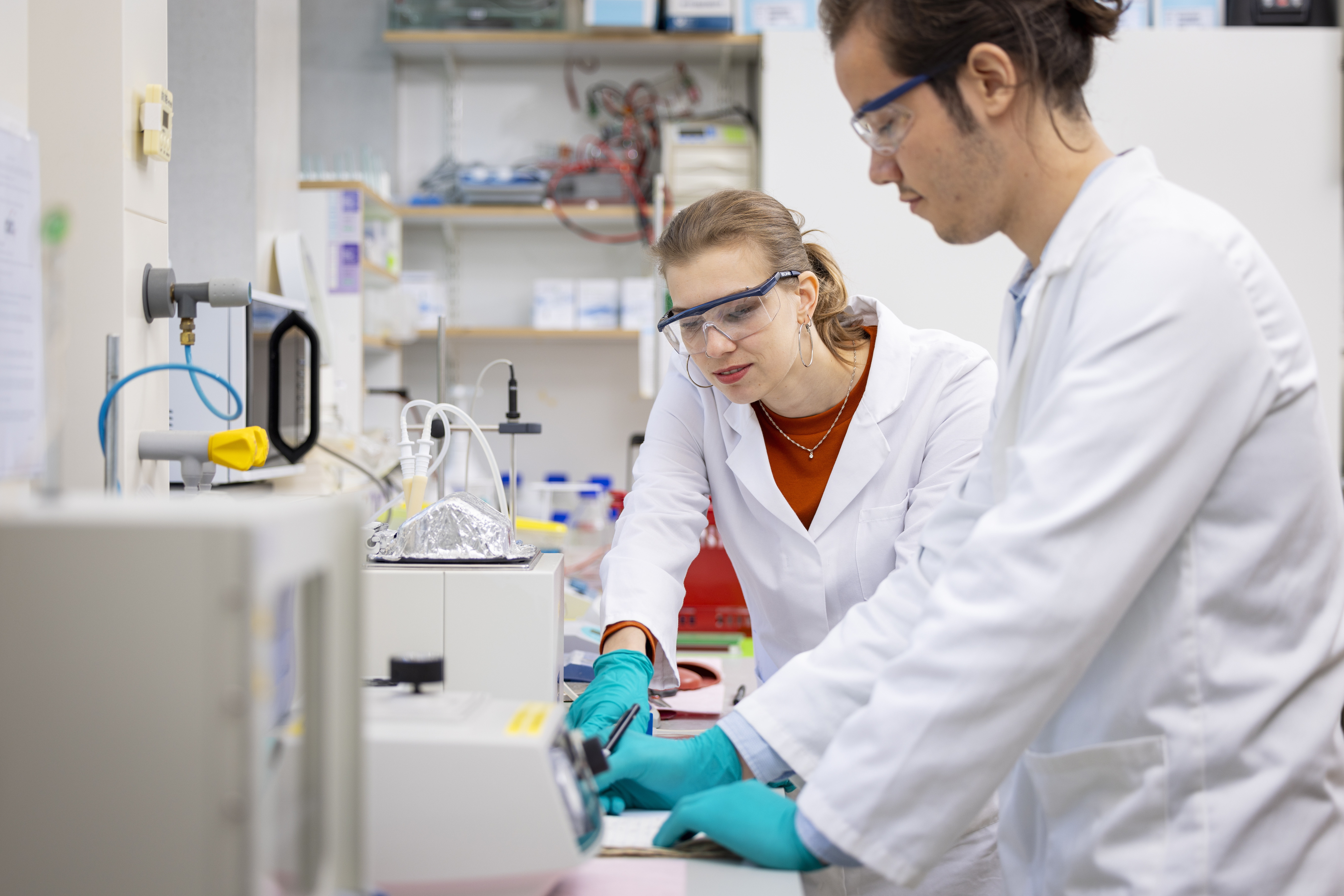MSc Nanobiology
The successful application of Nanobiology will require not simply collaboration between disciplines, but true disciplinary integration of physics and biology. Are you intrigued by the physical forces at work inside cells? Does the nanoscale complexity of health and disease captivate you? Do you want to work in a cutting edge field that could revolutionize medicine? Then the Nanobiology programme of TU Delft and Erasmus MC might be the perfect fit for you. We are a small, highly innovative and interdisciplinary programme applying high level math and physics to answer biological questions.

Degree: Master of Nanobiology
Accreditation: Accredited by the NVAO
Credits: 120 ECTS, 24 months
Type: Regular study programme
Mode: Full-time
Start: September
Language of instruction: English
The Nanobiology programme of TU Delft and Erasmus MC
In Nanobiology, we integrate methods and theories from physics, and molecular biology, using tools from math and computer modelling to further understanding of the molecular basis of life. What you’ll learn in the Nanobiology master has direct applications in research.
Developments in biomedicine, such as studies on human genome variation and the control of stem cells, increasingly require analysis and quantitative description at the fundamental level. Moreover, it is becoming possible to develop artificial biomolecules and nanoparticles with wide applications in research and medicine. The incorporation of new biological building blocks is highly promising in for instance industrial biotechnology and medical science. These advances will reshape many aspects of medical diagnosis and treatment. The rapid advancement of modern biomedical, biophysical and computational technologies promises to provide new tools to gain in depth knowledge of the fundamental molecular and cellular mechanisms controlling health or involved in disease.
Statistics
40 | Students |
50% | Male |
50% | Female |
10% | International Students |
52th | QS World University Ranking |